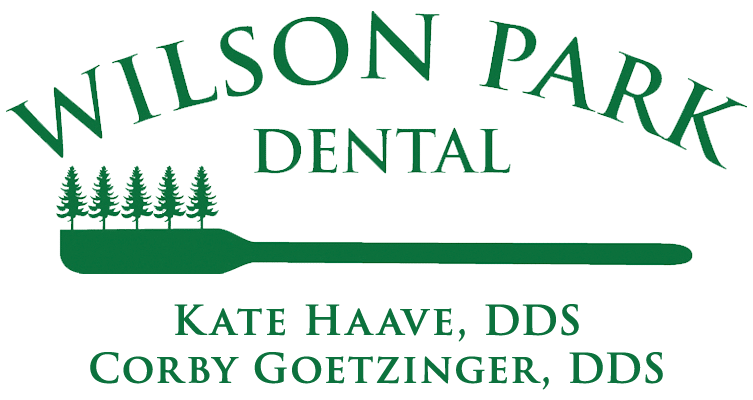Sleep apnea is a sleep disorder that occurs when a person's breathing is interrupted during sleep.
The most common type of sleep apnea is obstructive sleep apnea, which occurs when the muscles in the back of the throat fail to keep the airway open, despite the effort to breathe. This can cause the person to stop breathing for brief periods of time, often multiple times throughout the night.
Sleep apnea often leads to poor sleep quality and a range of severe health problems if left untreated. Treatment options often include lifestyle changes, using a continuous positive airway pressure (CPAP) machine, or surgery. However, did you know a dentist can also help ease the diagnosis of sleep apnea?
Signs and Symptoms of Sleep Apnea
The most common symptoms of sleep apnea include loud snoring, pauses in breathing during sleep, and feeling tired even after a full night's sleep.
Other symptoms can include waking up with a dry mouth or sore throat, morning headaches, difficulty staying asleep (insomnia), and difficulty concentrating during the day.
Some people with sleep apnea also experience mood changes, such as irritability or depression. It's important to see a doctor if you think you may have sleep apnea, as it can lead to serious health problems like heart disease and diabetes if left untreated,
Treatment for Sleep Apnea
The treatment for sleep apnea depends on the severity of the condition and the underlying cause.
In some cases, lifestyle changes, such as losing weight or sleeping on your side, can help improve symptoms of sleep apnea. Other treatments for sleep apnea include using a continuous positive airway pressure (CPAP) machine, which delivers air pressure through a mask to keep the airways open during sleep, or using a mouthpiece or dental device to help keep the airways open.
In severe cases, surgery may be necessary to remove excess tissue from the airway or to repair structural abnormalities that are causing sleep apnea.
Does Oral Appliance Therapy Work for Sleep Apnea?
Oral appliance therapy, also known as mandibular advancement splint therapy, is a treatment for sleep apnea that involves wearing a custom-made mouthguard-like device during sleep.
The device is designed to keep the airway open by bringing the lower jaw and tongue forward, which helps prevent the obstruction of the airway. Oral appliance therapy is an effective treatment option for mild to moderate sleep apnea.
In some cases, oral appliance therapy may be used in combination with other treatments, such as continuous positive airway pressure (CPAP) therapy, to manage sleep apnea. Working with a doctor and dentist is essential to determine if oral appliance therapy is appropriate for your individual needs.
Sleep Apnea Treatment with Wilson Park Dental
At Wilson Park Dental, we see patients in all stages of sleep apnea. Whether you just suspect a problem or if you’ve been diagnosed and a traditional CPAP is not working.
For many patients, we fabricate a compact oral appliance that offers a simple solution for the symptoms of sleep apnea. Oral appliance therapy provides additional relief for patients with severe apnea that still require a CPAP machine.
Our goal is to help find you the most effective treatment for you that you will actually use. For more information on how we can help with sleep apnea, contact us at 605-343-9352 to schedule an appointment

